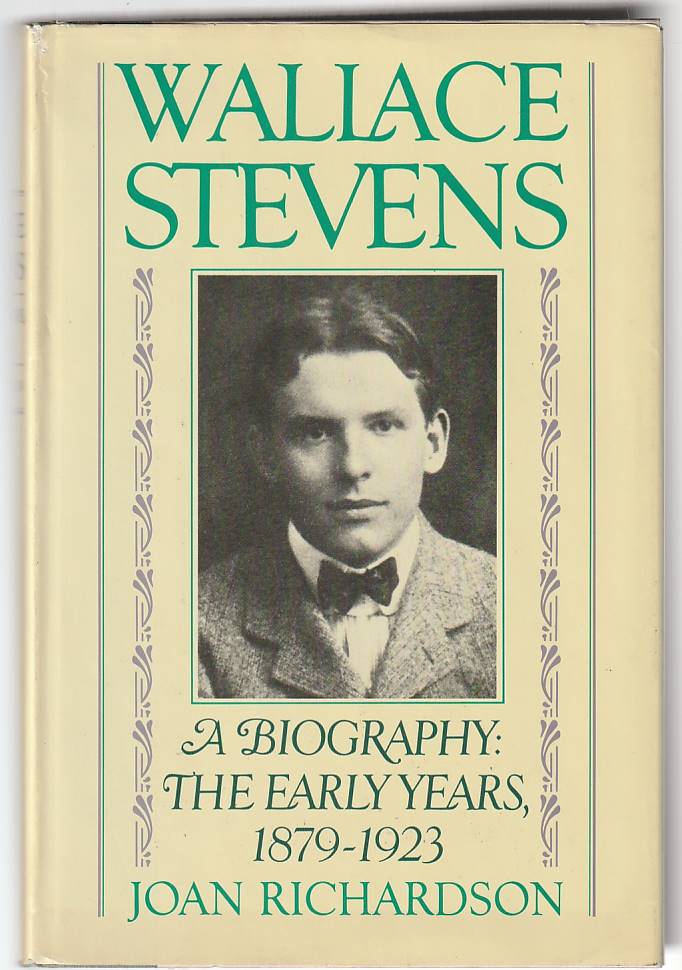
«While Stevens was struggling in his poems to become a "platonic man," a beacon of planetary consciousness, he grew ever more abstracted from a wife who was slavishly dependent on him, and his sullen, rebellious teenage daughter fled the parental home for a marriage the poet angrily vetoed. Nevertheless, Richardson asks us to believe that Stevens, unlike Frost and Williams, was a poet wholly immersed in the demands of everyday life. Her empathetic attempt to humanize him often falters, and she stretches the slender evidence when she claims that this aloof idealist was a "naive socialist" in the 1930s who later espoused "commitment to the left." Despite its flaws, this companion to her acclaimed Wallace Stevens: The Early Years offers a noble, touching, insightful portrait of a writer who wielded imagination as his supreme instrument. Her close reading of his life and work illuminates the ways individual poems arose from his encounters with Freud, Plato, Nietzsche and his essential loneliness in a godless age.» in Publishers Weekly
 €18
€18
«While Stevens was struggling in his poems to become a "platonic man," a beacon of planetary consciousness, he grew ever more abstracted from a wife who was slavishly dependent on him, and his sullen, rebellious teenage daughter fled the parental home for a marriage the poet angrily vetoed. Nevertheless, Richardson asks us to believe that Stevens, unlike Frost and Williams, was a poet wholly immersed in the demands of everyday life. Her empathetic attempt to humanize him often falters, and she stretches the slender evidence when she claims that this aloof idealist was a "naive socialist" in the 1930s who later espoused "commitment to the left." Despite its flaws, this companion to her acclaimed Wallace Stevens: The Early Years offers a noble, touching, insightful portrait of a writer who wielded imagination as his supreme instrument. Her close reading of his life and work illuminates the ways individual poems arose from his encounters with Freud, Plato, Nietzsche and his essential loneliness in a godless age.» in Publishers Weekly